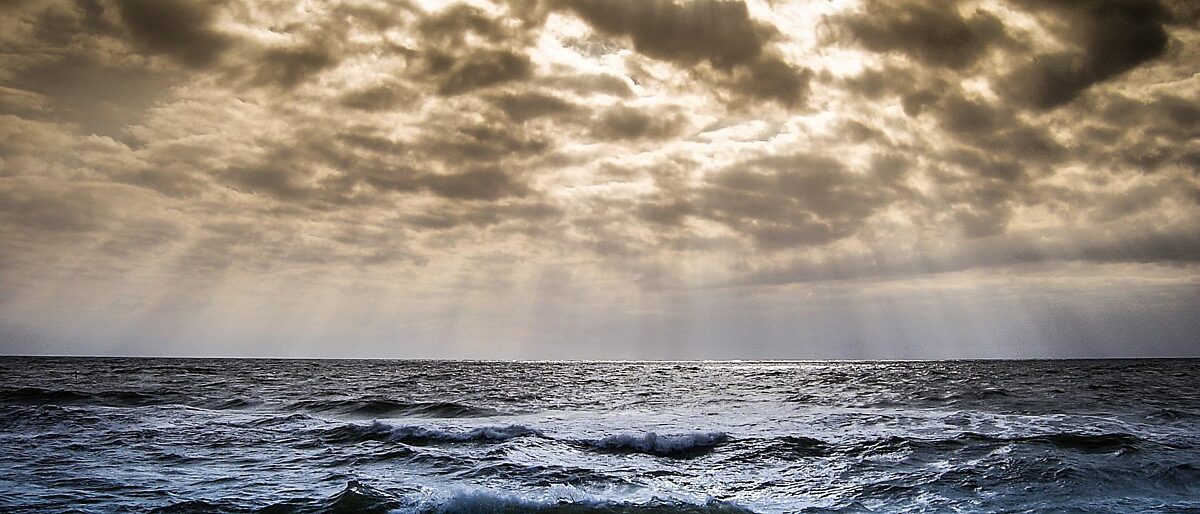
DELTA FUTURO: Shellfish Juvenile Sustainable Production Model
Aquaculture is facing several challenges related to the sustainability of the production & the increasing population, hence, the demand of protein-rich food. In this sense, Manila clam has a high economical & nutritional value: low fat content, richness in omega 3 & vitamin B12, iron & high-quality protein.
Aquaculture is facing several challenges related to the sustainability of the production & the increasing population, hence, the demand of protein-rich food. In this sense, Manila clam has a high economical & nutritional value: low fat content, richness in omega 3 & vitamin B12, iron & high-quality protein. Their production is more sustainable in terms of carbon footprint (compared with cattle farming). Microalgae used for clams’ farming filter air retaining CO2. Recently manila clams’ farming has worldwide decreased due to overfishing of seeds in lagoons, disease, & abiotic stress causing a seed mortality rate over 50%. Delta Futuro (DF) takes manila clam farming a step forward, developing an industrial scale aquaculture plant model aimed at decreasing the fluctuation of seed supply to farmers while decreasing their mortality (to 15% - SDG 2.4), while protecting the lagoon environment (SDG 12.3). DF plant is based on a RAS semi-closed system to set the plant in inland under-exploited agriculture areas, protecting the natural environment/lagoons from overexploitation (SDG 12.3), & on PLC automatised monitoring system to improve/control the quality of water & the nourishment (microalgae). DF seeds are pre-fattened up to 18/20 mm and they are resilient enough to be sowed in natural beds by farmers. The model will have an immediate impact on the overall EU market & the activity of shellfish farming, by guaranteeing the availability of the seeds for the aquaculture activity.
The Delta Futuro project will go through several steps of development, to scale-up test and validate the technology at industrial scale. Those steps are organised in work packages in order to i) guarantee the correct implementation and monitoring of project actions, ii) design, engineer and set-up the industrial scale pilot plant, including RAS for water circulation, iii) engineering and testing of the PLC controlled monitoring systems, which will enable and automatised control of parameters as well water inlet and outlet, iv) Tests of the plants in all its parts, including the biofilter performances, and v) guarantee the project outreach and dissemination.
Project lead
Related Projects

Master in Food Systems







